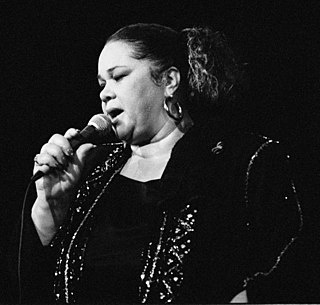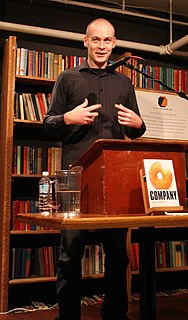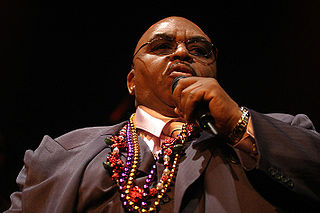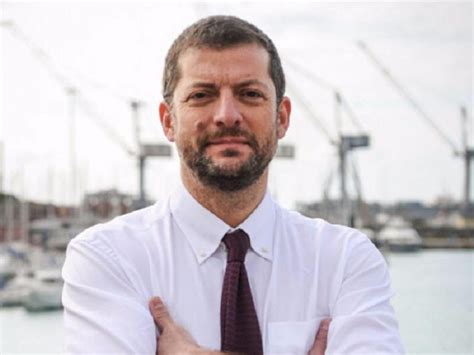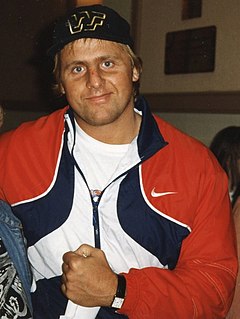A Quote by Etta James
I talked to the record company about what I had in mind. They said they wanted something lush. I figured the best thing to do was let them hear what I had in mind.
Related Quotes
My contract with mercury PolyGram Nashville was about to expire. And I never had really been happy. The company, the record company, just didn't put any promotion behind me. I think one album, maybe the last one I did, they pressed 500 copies. And I was just disgusted with it. And about that time that I got to feeling that way, Lou Robin, my manager, came to me and talked to me about a man called Rick Rubin that he had been talking to that wanted me to sign with his record company.
This was something you had to work through on you own," Jason said. "Besides, I knew you'd do the right thing." "Oh, right," I said. I wanted to throw something at him. I really did. "And if I hadn't?" Now Jason brandished something he'd been holding behind his back. It was a golf club. "I figured Big Bertha here would drive them away," he said.
[Shoji] Hamada's [drawings] were little one-line notations of something he wanted to remember about a pot or a piece of furniture or a landscape or something like that, and they were just done very quickly and they had, he thought, no artistic quality. They're not great drawings, but they served to remind him of something he had in his mind, so that when he then went to the studio, that would stick in his mind and he could explore the making of the pot with the clay on the wheel.
Andres Segovia, the great name for guitar, he put classical guitar on the map. He was the proponent of it, the best in the world. So I was listening to a record that he had made, and a little bauble happened in the middle of the record. A finger slipped, and I said, 'Wait a minute. He's not allowed to make mistakes,' - my mind.
I took a dozen of our top managers to Argentina, to the windswept mountains of the real Patagonia, for a walkabout. In the course of roaming around those wild lands, we asked ourselves why we were in business and what kind of business we wanted Patagonia to be. A billion-dollar company? Okay, but not if it meant we had to make products we couldn't be proud of. And we discussed what we could do to help stem the environmental harm we caused as a company. We talked about the values we had in common, and the shared culture that had brought everyone to Patagonia, Inc., and not another company.
She had been in situations like this, where people said, Convince me, and in none of those had they actually wanted to be convinced. She could lay down a perfect argument and they just invented new bullshit on the spot to justify why the answer was still no. When people said, Convince me, she knew it didn’t mean they had an open mind. It meant they had power and wanted to enjoy it a minute.
My voice is my gift. And Pops had me using it in the right way. I had many offers to sing pop, to sing rhythm and blues. Pops said "Mavis, this record company want to give you a million dollars." I said, "No daddy, I want to sing with the family." And I did. I never wanted to branch out by myself. But I've had to now. It's my mission. I've been left here to do it. And I'm grateful.
The religious philosophy that they had adopted, in my opinion, was the only thing and is the only thing that can remove the white from the mind of the white man and the negro from the mind of the negro. I have seen what Islam has done with our people, our people who had this feeling of negro - and it had a psychological effect of putting them in a mental prison.
Every time I prep a script, I hear it in my head, but I have to keep my mind open so that when an actor does something different than that, I can think, 'Well, that wasn't what I had in mind, but it works. Let's go with that.' That's why you hire actors and not technicians to do voiceovers, because someone who will creatively bring something to the party.
It's not that acting was something I'd always wanted to do. I had no formal training; I'd never really imagined I'd be an actress. Business was something that had always been in my mind, but when I got into acting, I learned everything on set, and for me at that point, I wanted to excel at what I did.
